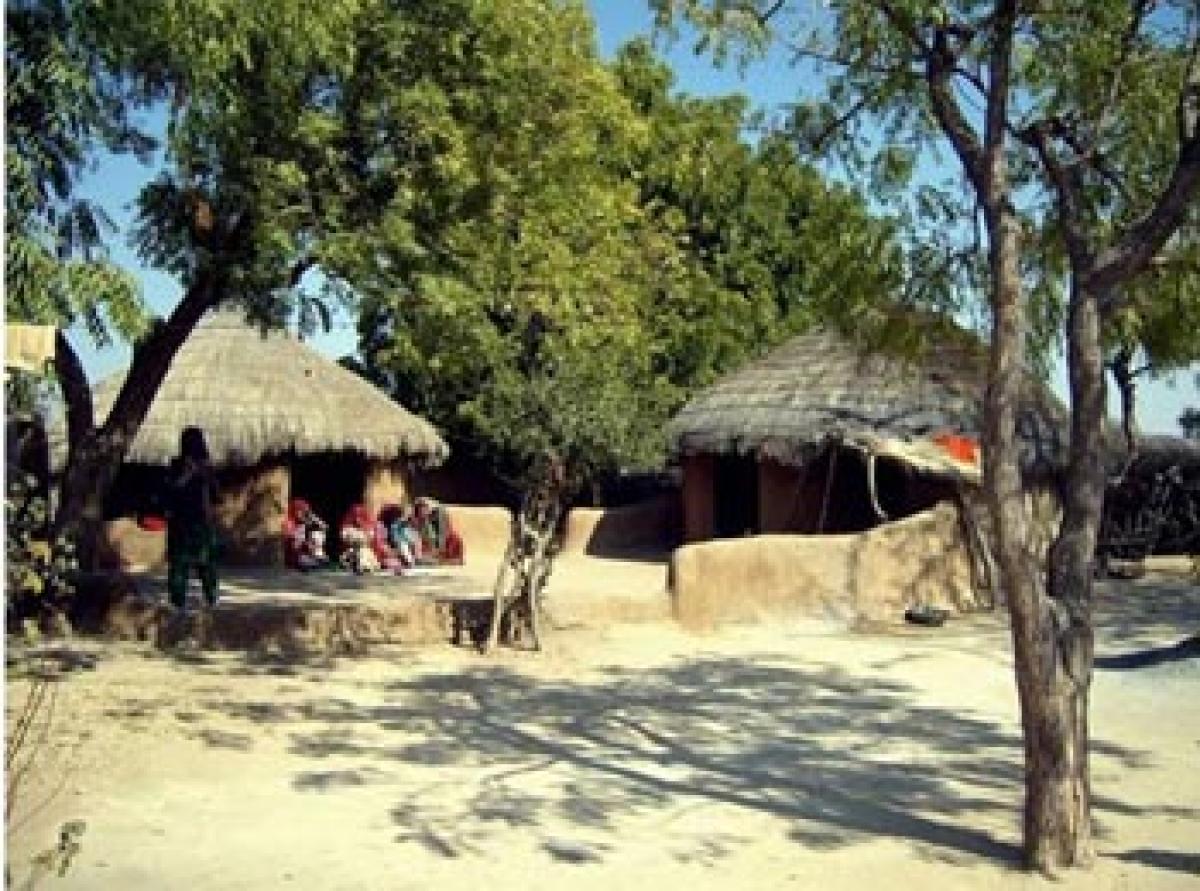Fifth Schedule Areas

The Fifth Schedule of the Constitution of India deals with administration and control of scheduled areas and scheduled tribes in these areas.
.jpg) The Fifth Schedule of the Constitution of India deals with administration and control of scheduled areas and scheduled tribes in these areas. The Fifth Schedule areas in Andhra Pradesh are in Visakhapatnam, East Godavari, West Godavari, Srikakulam, Vizianagaram and Prakasam districts.
The Fifth Schedule of the Constitution of India deals with administration and control of scheduled areas and scheduled tribes in these areas. The Fifth Schedule areas in Andhra Pradesh are in Visakhapatnam, East Godavari, West Godavari, Srikakulam, Vizianagaram and Prakasam districts.
Essentially The Fifth Schedule is a Historic Guarantee to Indigenous people on the right over the land they live in . The term `Scheduled Areas has been defined in the Indian Constitution as "such areas as the President may by order declare to be Scheduled Areas". Paragraph 6 of the Fifth Schedule of the Constitution prescribes following procedure for scheduling, rescheduling and alteration of Scheduled Areas.
The criteria followed for declaring an area as Scheduled Area are preponderance of tribal population; compactness and reasonable size of the area; under-developed nature of the area; and marked disparity in economic standard of the people. These criteria are not spelt out in the Constitution of India but have become well established. They embody principles followed in declaring `Excluded and `Partially-Excluded Areas under the Government of India Act 1935, Schedule `B of recommendations of the Excluded and Partially Excluded Areas Sub Committee of Constituent Assembly and the Scheduled Areas and Scheduled Tribes Commission 1961.
Down To Earth writes that for its Scheduled Areas, Andhra Pradesh has a Land Transfer Regulation Act 1 of 1970. It checks the transfer of tribal land to non-tribals with due regard to the special status that the Constitution has given to tribal land. It is referred to as the "1/70" Act. In the mid-1980s, the government under N T Rama Rao tried to amend this law. The Union government used the Fifth Schedule to prevent the amendment -- the only time ever that the Centre used this provision.
In mid-2000, there was a controversy over the state government's decision to amend it to allow mining of bauxite from the Chintapalle tribal area of Vishakhapatnam district, which has more than 550 million tonnes of the ore used to make aluminium. The decision to amend 1/70 was rolled back due to pressure from opposition parties and the civil society. But the episode brought to light how a state's tribal welfare machinery can be twisted to not only act against tribal interests but actively undermine the democratic processes that can defend those interests.








